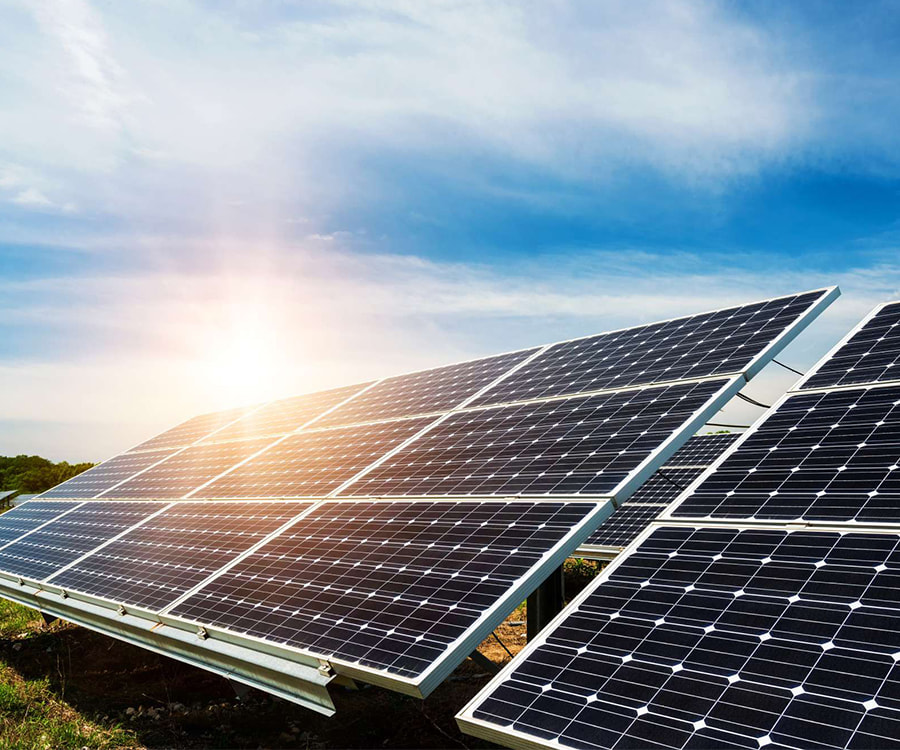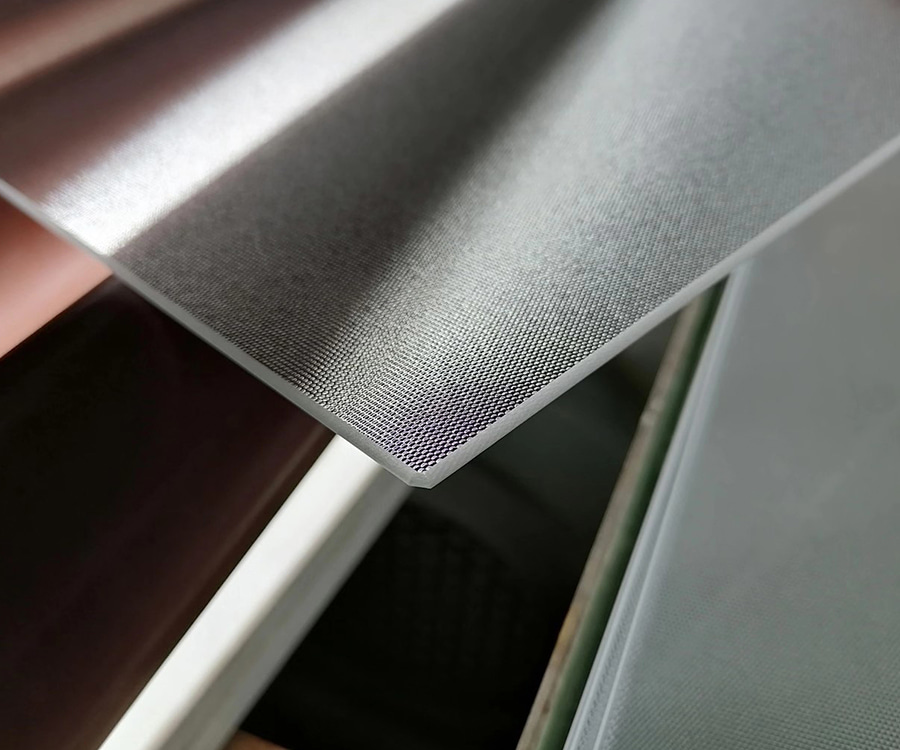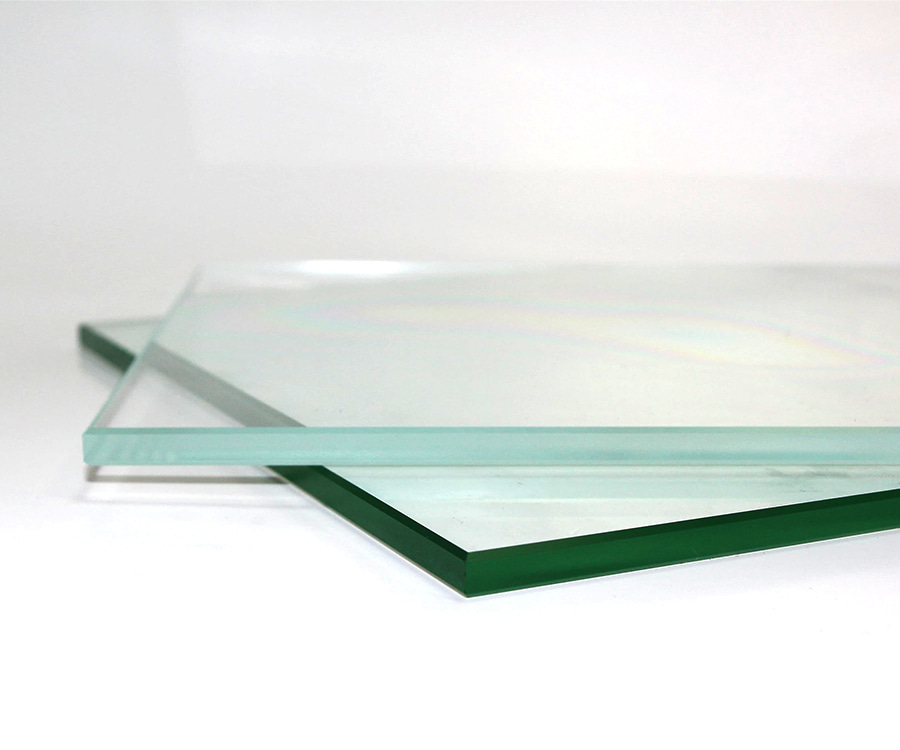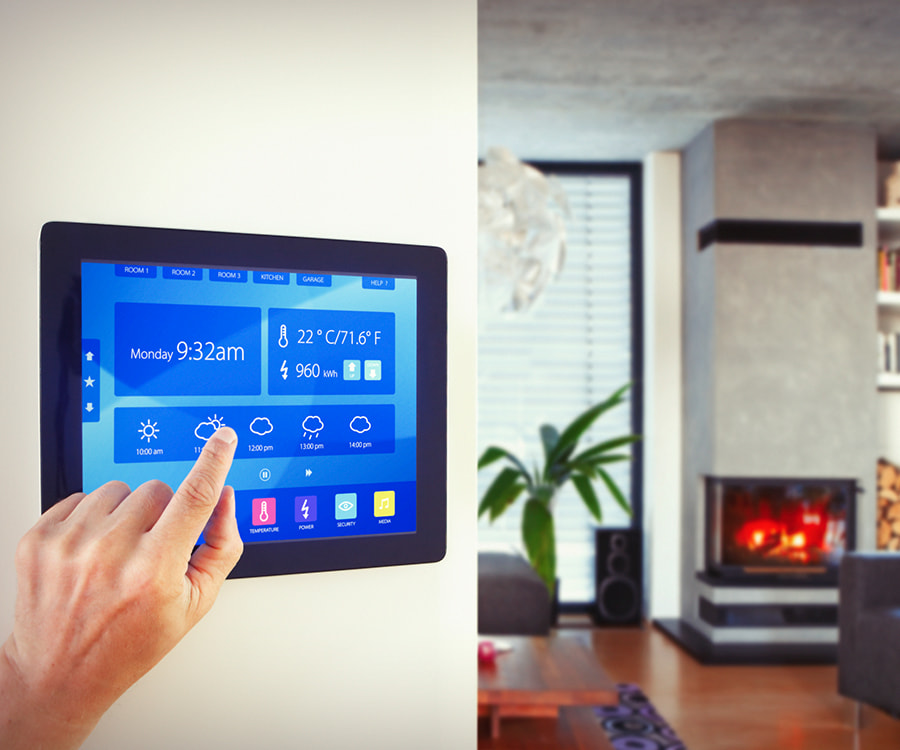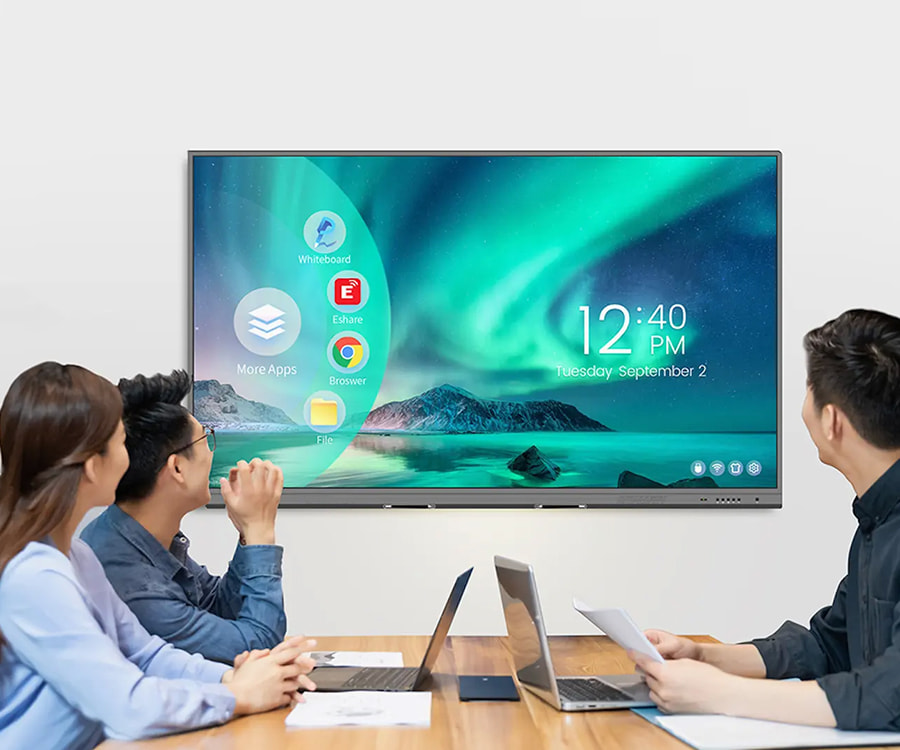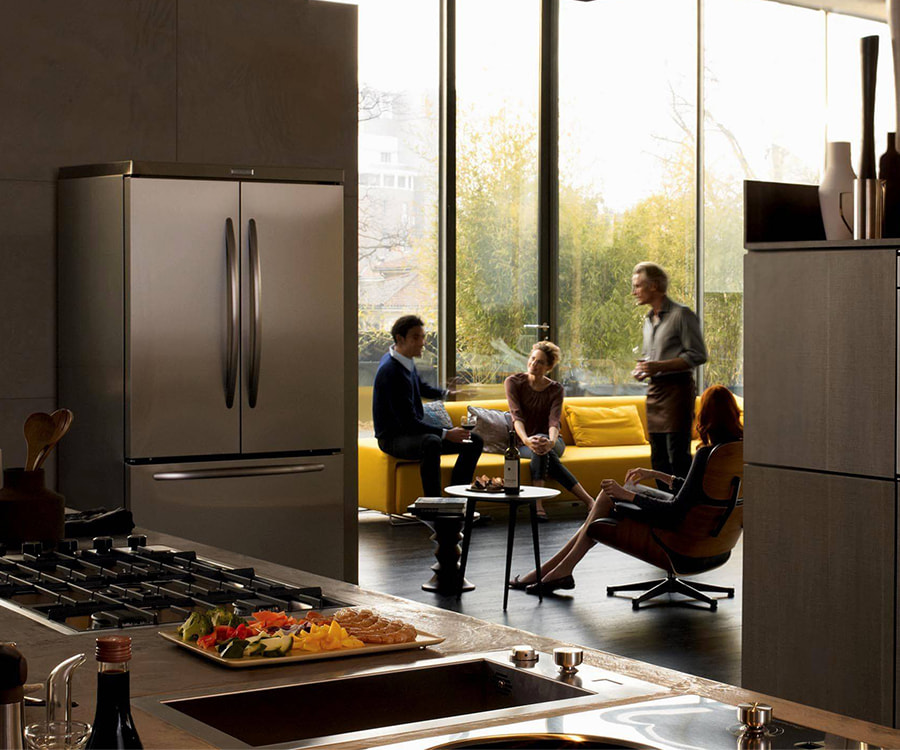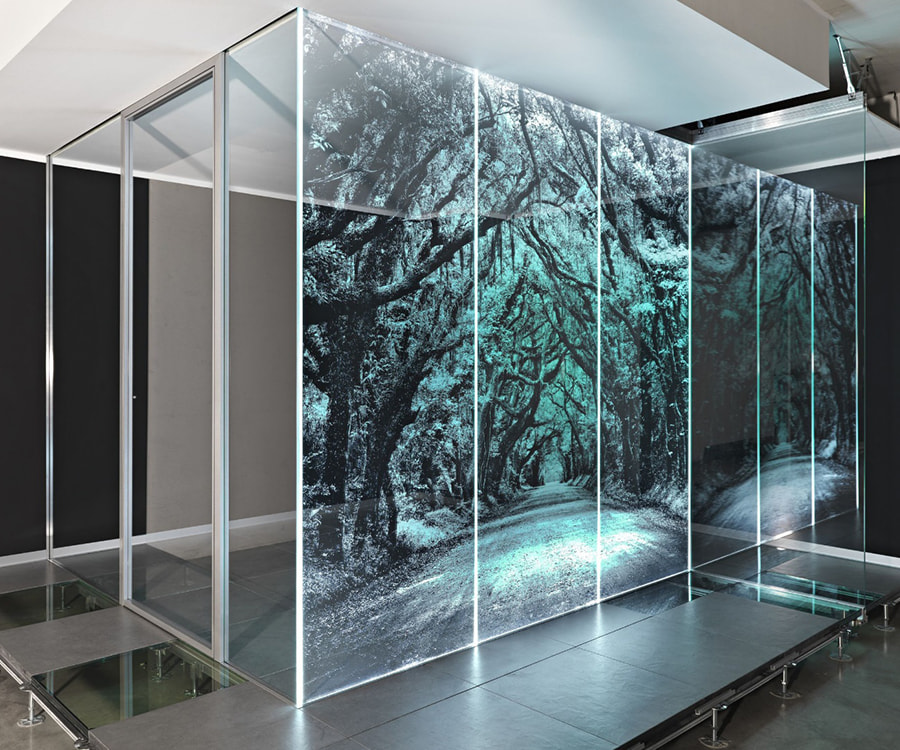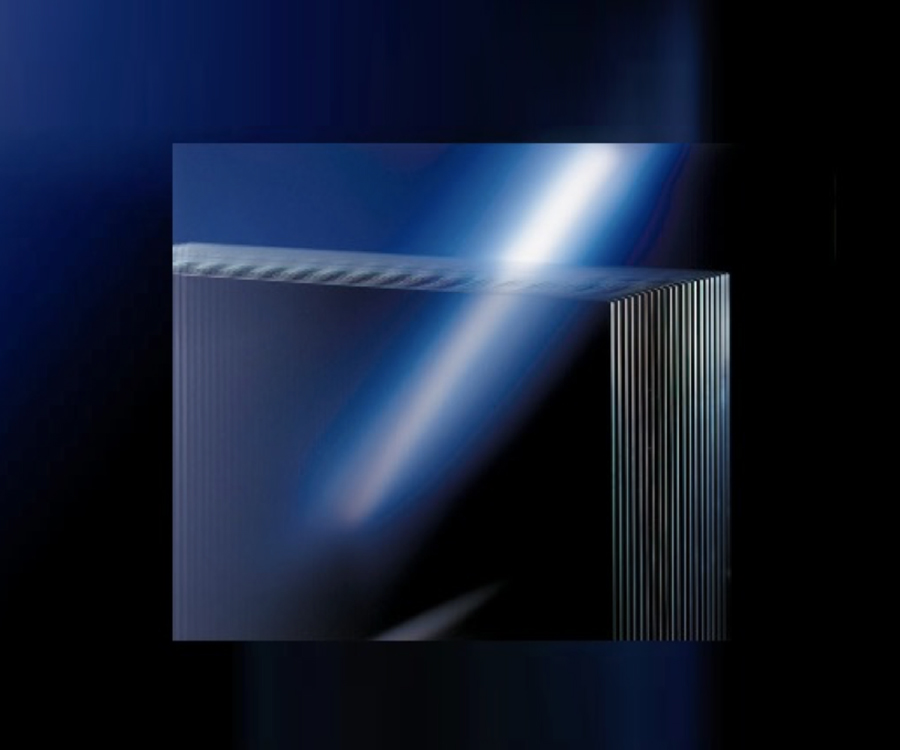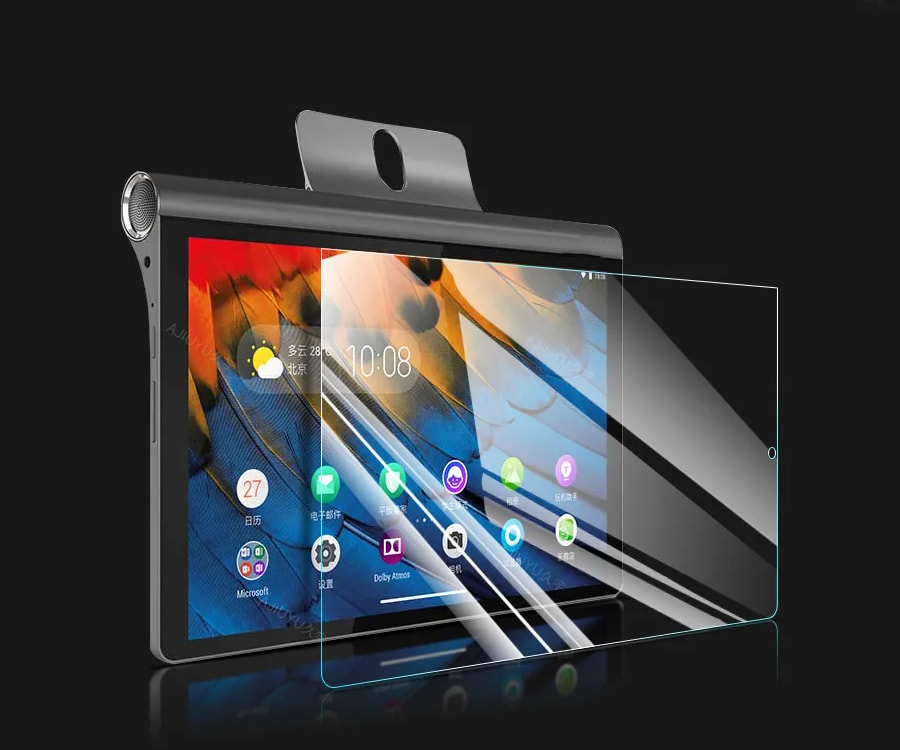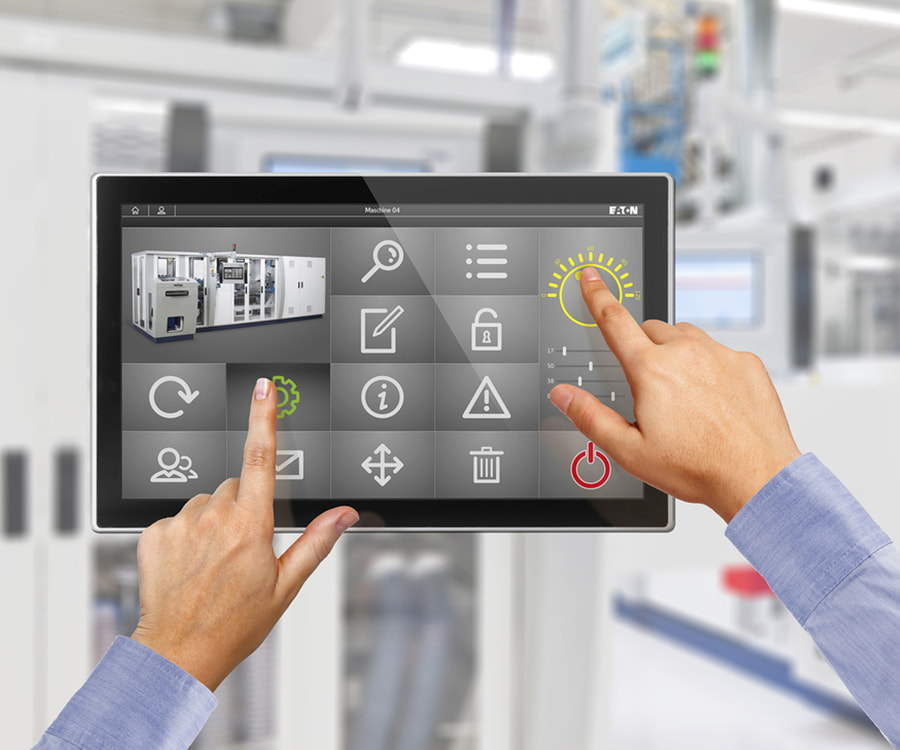In the In-Car Device Glass industry, the material properties that determine its suitability for surface treatment processes such as printing and electroplating are multifaceted. These properties are not only related to the technical feasibility of the treatment process, but also directly affect the aesthetics, durability and safety of the final product. The high light transmittance of In-Car Device Glass is one of its basic properties. It ensures that light can efficiently penetrate the glass, making the display screen, indicator lights and other automotive equipment behind it clearly visible. This feature is particularly important for the printing process, because high light transmittance can ensure that the printed pattern has bright colors, high contrast, high color reproduction, and can maintain good visual effects even under strong light.
The smoothness of the glass surface directly determines whether the ink or electroplating layer can be evenly and firmly attached to it. After precise polishing and grinding, the surface of the In-Car Device Glass reaches a micron-level flatness, which not only improves the visual effect, but also provides an ideal attachment surface for printing and electroplating processes. The smooth surface reduces voids and bubbles in the ink or electroplating process, thereby enhancing adhesion and durability.
In-vehicle equipment glass is exposed to various chemicals during manufacturing and use, such as detergents, lubricants, gasoline, etc. Therefore, having good chemical stability is the key to ensure that the glass is not damaged during printing and electroplating. Chemical stability means that the glass can resist the erosion of these chemicals, maintain the integrity and cleanliness of the surface, and thus extend the life of the surface treatment layer.
In-vehicle equipment glass may experience large temperature changes during use, such as from a cold external environment to a warm cab, or from a hot sun to a cool place. Therefore, good thermal stability and thermal shock resistance are essential. These characteristics ensure that the glass is not easy to crack, deform or generate stress when the temperature changes, thereby ensuring the integrity and beauty of the printing and electroplating layers.
The processability of In-Car Device Glass provides it with a wide range of customization space. Through CNC processing, laser cutting and other technologies, glass parts of various shapes and sizes can be manufactured to meet different design needs. This customization is not limited to the shape, but also includes special treatment of the glass surface, such as drilling, grooving, chamfering, etc., which provides more creative space for printing and electroplating processes.
The compatibility between the material composition and surface characteristics of the vehicle equipment glass and the ink and electroplating layer is crucial. A well-compatible material combination ensures that the ink or electroplating layer forms a strong chemical bond on the glass surface, thereby improving adhesion and durability. In addition, compatibility also involves the wettability and spreadability of the ink or electroplating layer on the glass surface, which is crucial for obtaining a uniform and smooth printing or electroplating effect.
In the vehicle equipment glass industry, safety and environmental protection are also material properties that cannot be ignored. The ink and electroplating solution used in the printing and electroplating process must meet the relevant environmental protection standards to reduce harm to the environment and human body. At the same time, the glass material itself should also have good impact resistance and shattering safety to reduce damage to passengers in the event of a collision.


